Saudi Arabia’s Deputy Crown Prince Mohammed Bin Salman is in the United States this week for talks focusing on bilateral security cooperation and his strategy to diversify the Kingdom’s energy-dependent economy.
He has so far met with US Congressional leaders, Secretary of State John Kerry and the directors of the CIA and National Intelligence. He will meet President Barack Obama at the White House on Friday, according to Saudi sources.
Following his talks in Washington, the deputy crown prince will then travel to California’s Silicon Valley to meet with technology executives before ending his US visit in New York where he is expected to discuss the wars in Yemen and Syria with UN Secretary-General Ban Ki-moon.
The Prince’s UN meeting may serve as an effort to settle a diplomatic row over whether the Saudi-led military coalition seeking to remove Yemen’s Houthi rebels from power, in order to reinstate the internationally recognized government of President Abd Rabbu Mansour Hadi, had inflicted collateral damage on civilians, including on children, a charge that Riyadh denies.
The narrative
The two allies face unprecedented challenges ranging from Mideast instability, extremism and Iran’s quest for regional hegemony.
This narrative is frequently spun regarding the president’s decision not to enforce his own redlines on Syria after President Bashar al-Assad had used chemical weapons against his own people, which not surprisingly drew immediate international condemnation, including from Saudi Arabia and drew outrage across the Arab world.
Jeffrey Goldberg’s interview with Obama for The Atlantic a few months back crystallizes this narrative further, which in turn has helped former administration officials -and their ideological backers and political surrogates – to stay on message as they seek to defend Obama’s legacy amid an increasingly poisonous and divisive election cycle.
At the backdrop of the Prince’s Washington visit, Obama-administration officials have for months vigorously defended their anti-terrorism strategy while outright dismissing allegations that the President has pivoted away from the Middle East.
These factors, coupled with Obama’s campaign promise to turn a new page with Iran, has not surprisingly contributed to the unease that many Gulf leaders feel about the US administration’s commitment to regional security but they are nonetheless left with few options but to continue to rely on Washington for counter-terrorism cooperation, even if it is reduced to the bureaucratic level.
Towards financial success?
Given these factors, it was not surprising that Finance Minister Ibrahim Alassaf and Commerce and Investment Minister Majid al-Qusaibi are two of the most senior members of the Prince’s US delegation.
Enhanced US-Saudi financial cooperation could indeed help strengthen the 80-year old strategic alliance further, especially at a time of extreme political uncertainty in the United States.
This article was originally published by Al Arabiya.
The views represented herein are the author's or speaker's own and do not necessarily reflect the views of AGSI, its staff, or its board of directors.



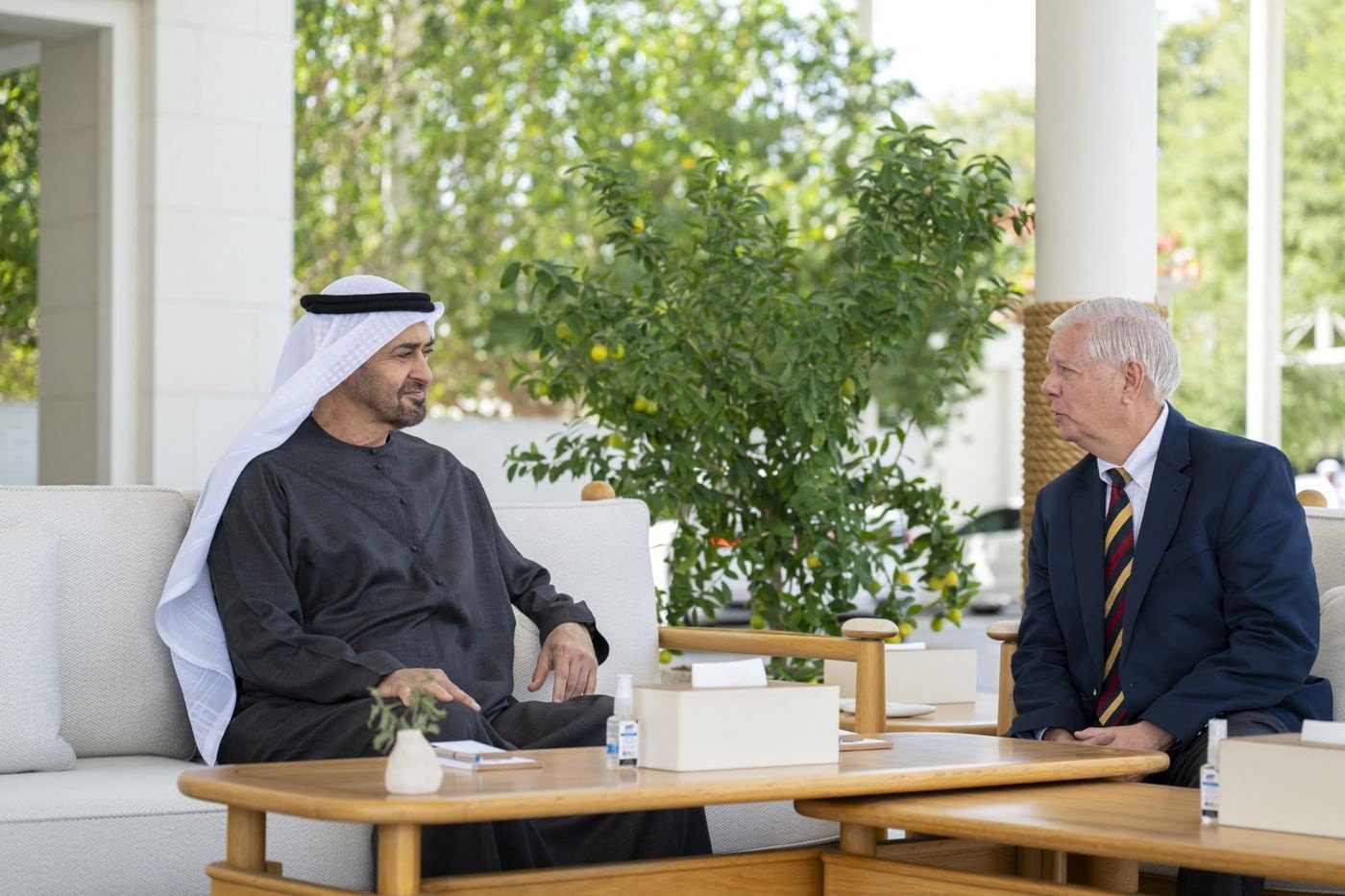

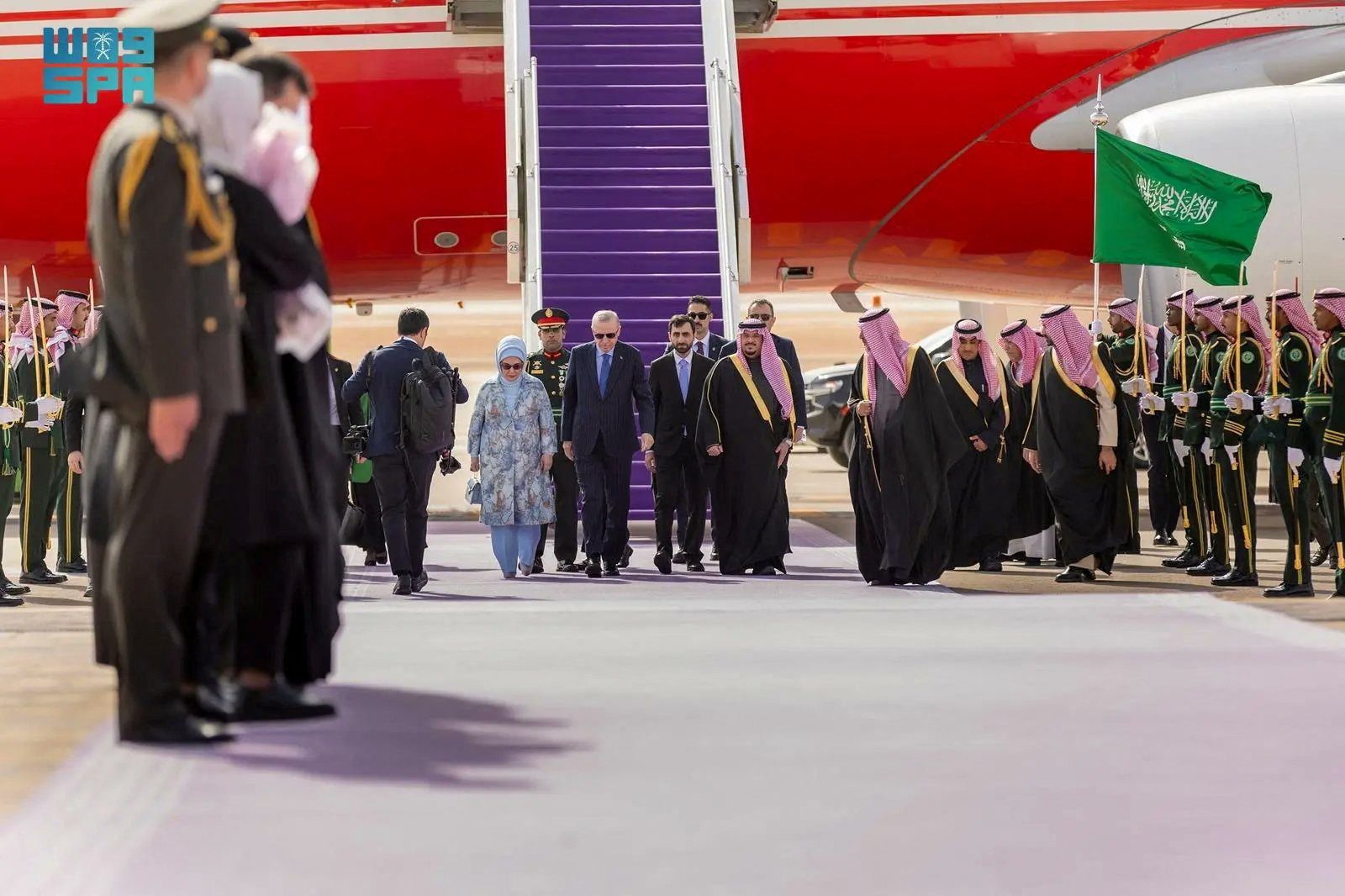

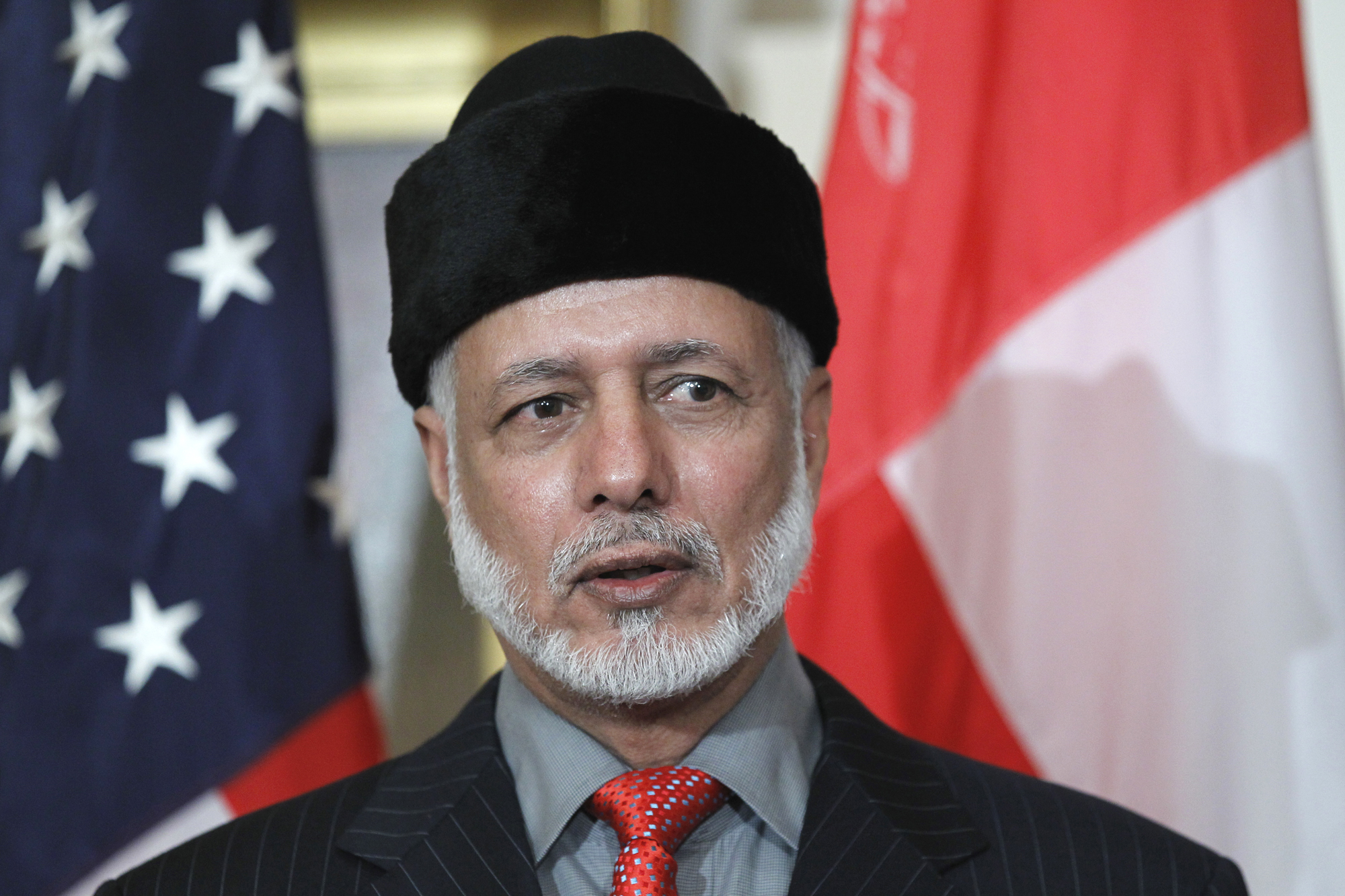
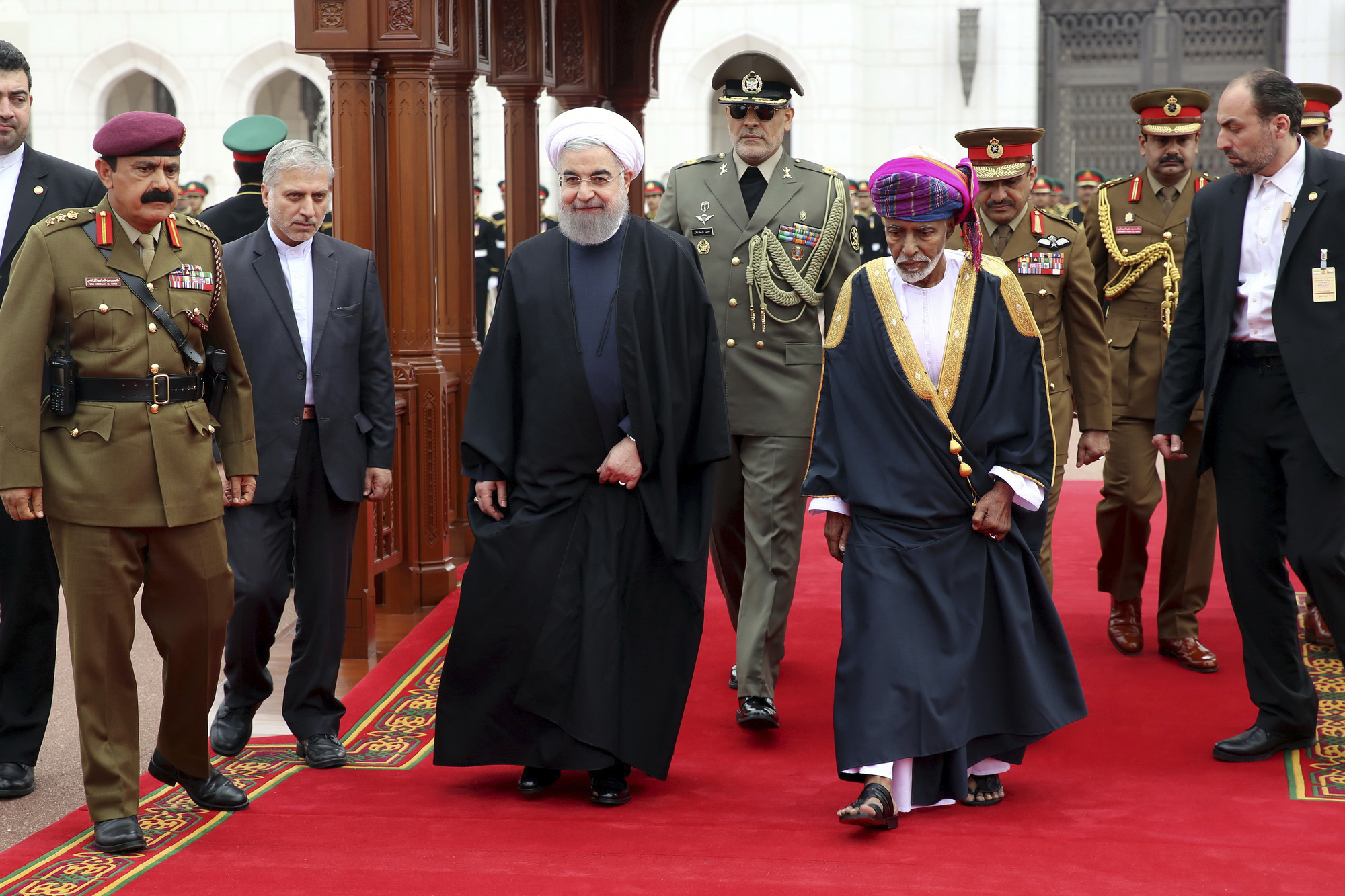
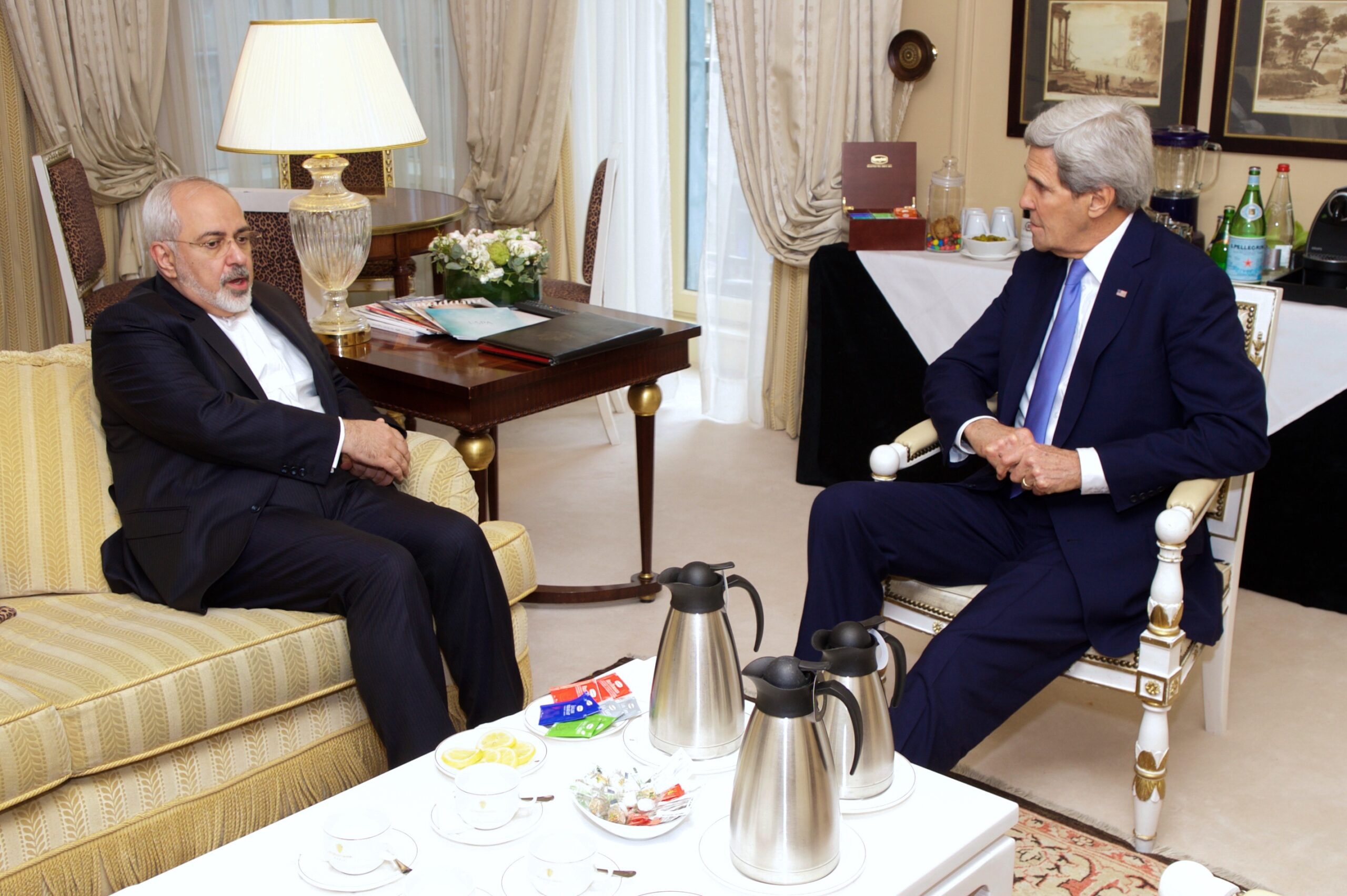

Jun 17, 2016
Foreign Policy Narratives of Saudi Deputy Crown Prince’s US Visit
Saudi Arabia’s Deputy Crown Prince Mohammed Bin Salman is in the United States this week for talks focusing on bilateral security cooperation and his strategy to diversify the Kingdom’s energy-dependent economy. He has so far met with US Congressional leaders, Secretary of State John Kerry and the directors of the CIA and National Intelligence. He will meet President Barack...
4 min read